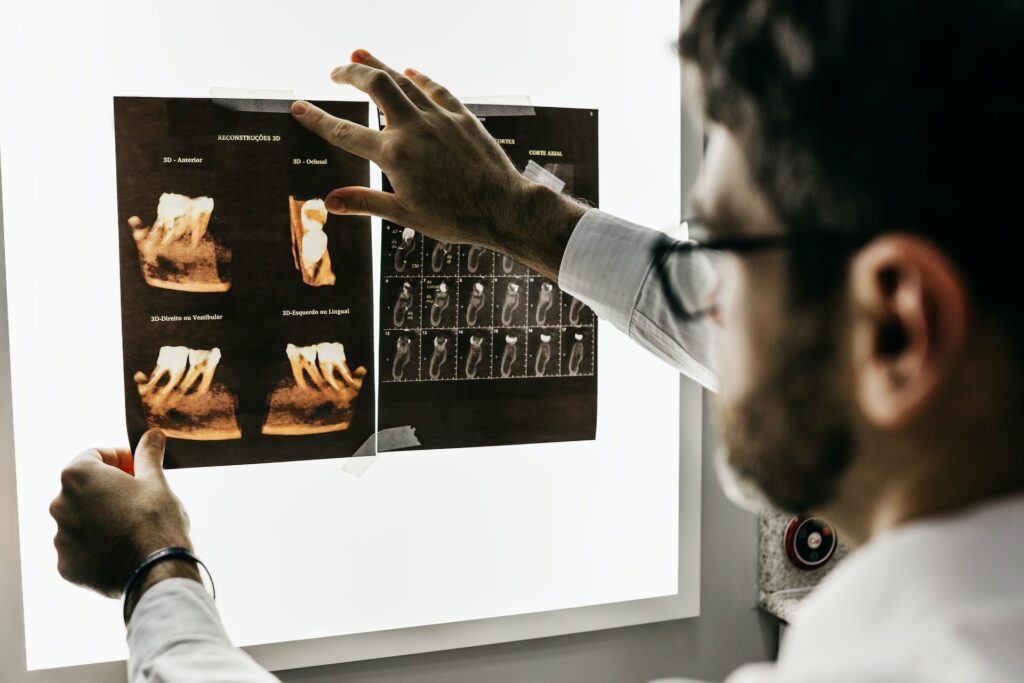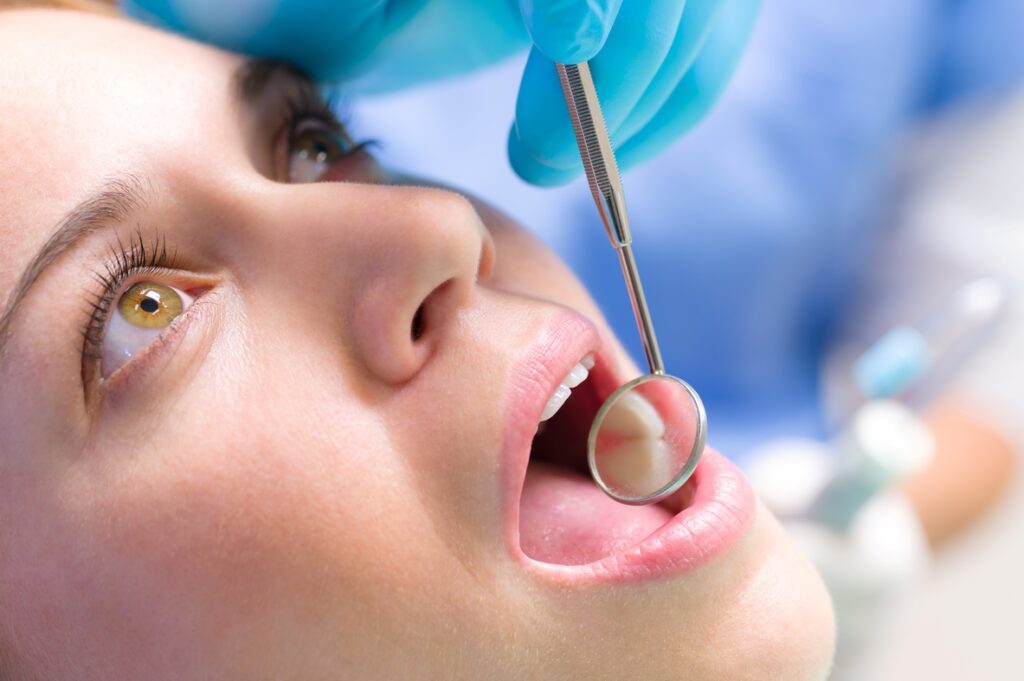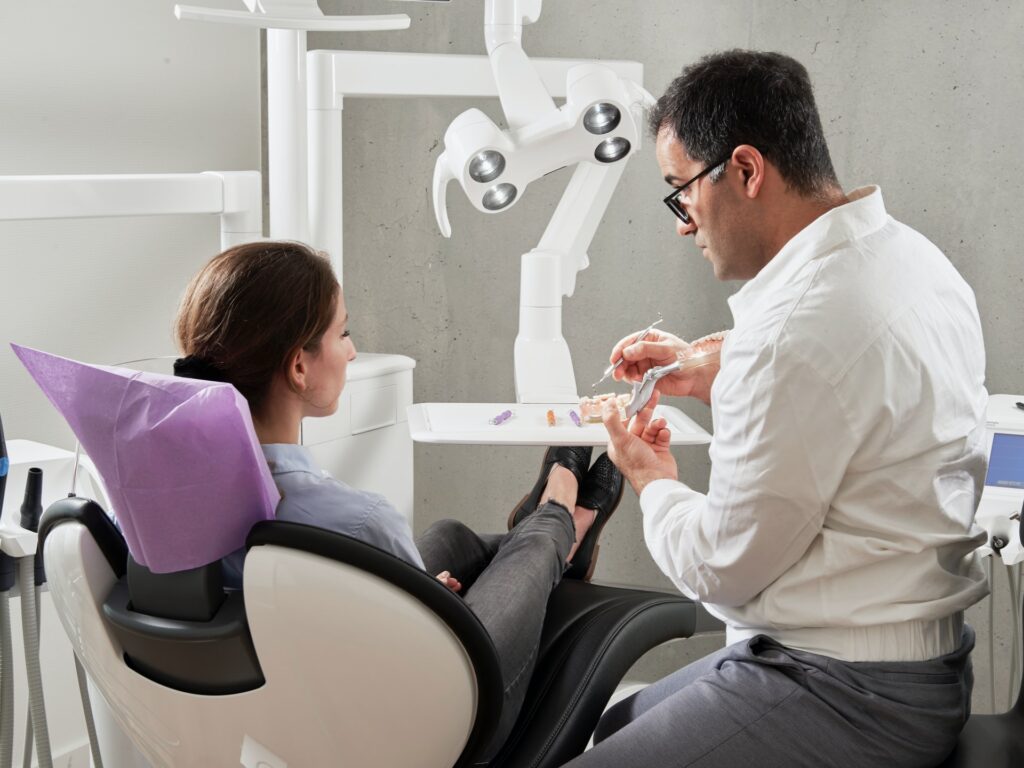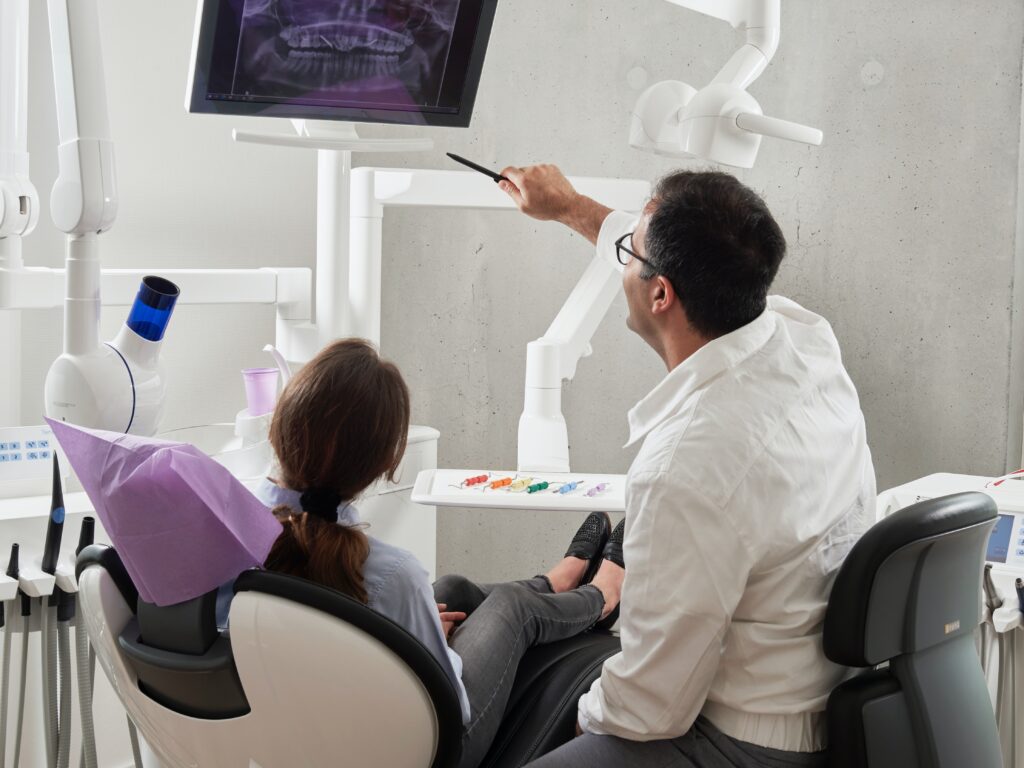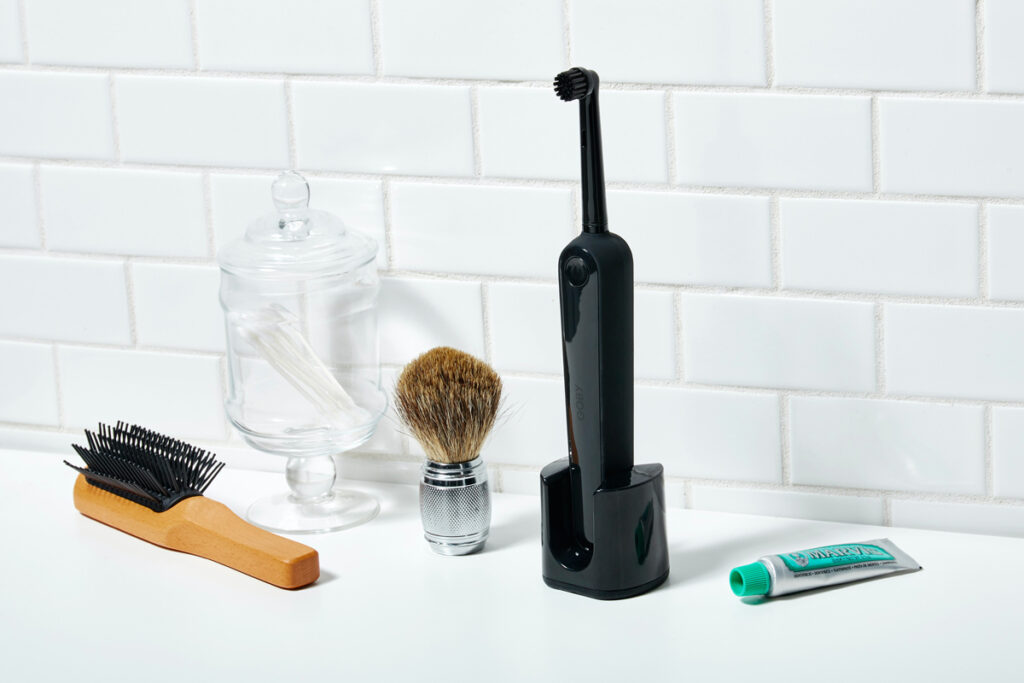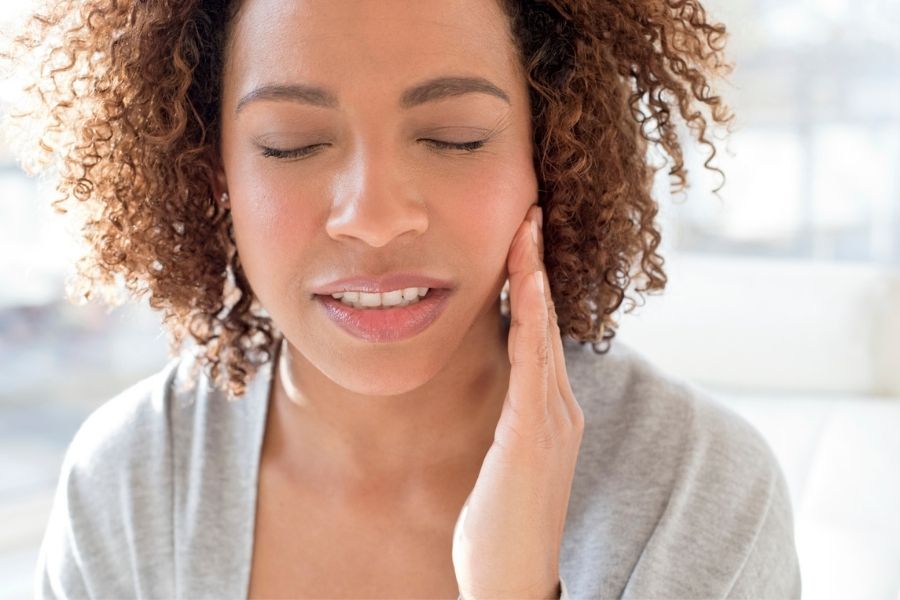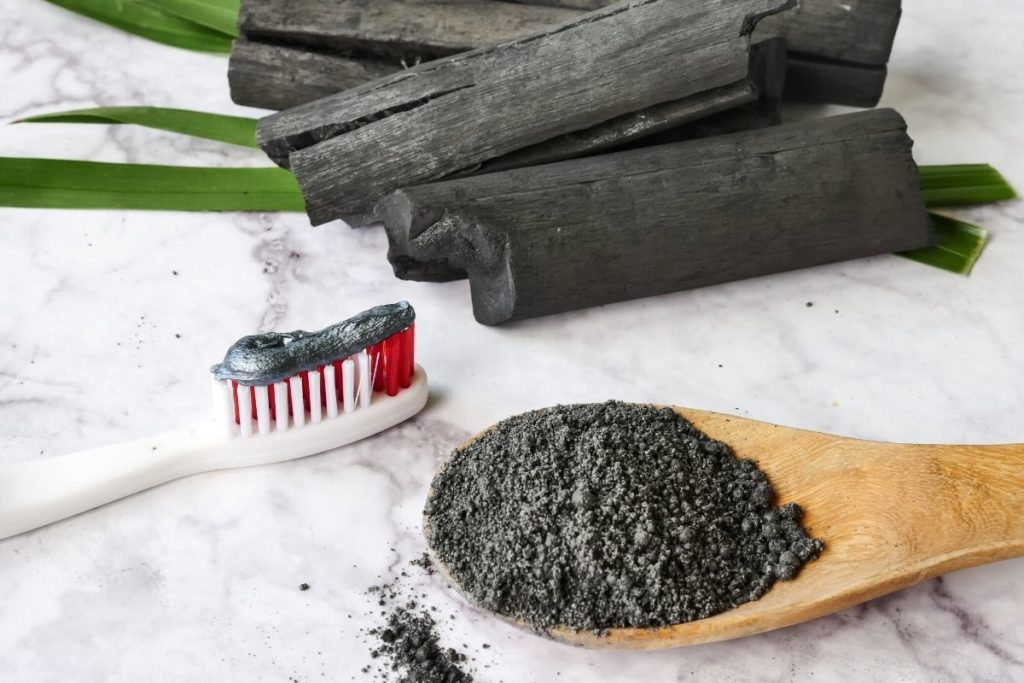When it comes to dental health, many individuals believe that brushing and flossing regularly and maintaining a proper diet are enough. Unfortunately, that’s not true. Visiting your dentist for regular check-ups and cleanings is equally important to maintain your oral health. As a dental professional, I’m here to explain the significance of regular dental check-ups and why you should never skip them.
Prevention of Dental Problems:
Regular dental check-ups help detect dental problems before they become severe. Cavities, gum disease, enamel erosion, and oral cancer are just some of the many conditions that dentists can detect early on. By identifying and treating these problems early, you can save yourself from the pain, discomfort, and potential expensive treatments that come with leaving these issues unchecked.
Keeping Your Gums Healthy:
Gum disease is a prevalent dental issue that can lead to tooth loss if not treated correctly. Regular dental cleanings help keep your gums healthy, minimizing the risk of gum disease. Your dentist or hygienist will remove any built-up plaque or tartar during your visit, reducing inflammation and promoting overall gum health.
Preserving Your Teeth:
Tooth decay is another common issue that can be avoided by regularly visiting your dentist. During check-ups, your dentist will check for cavities and assess the overall condition of your teeth. Catching and addressing cavities early on will prevent further decay and help preserve your teeth’ structure.
Saving Money:
Regular dental check-ups, albeit an expense, can save you money in the long run. Treating dental problems early on is typically less expensive than repairing severe damage that could have been prevented with regular dental visits. Moreover, maintaining your oral health will avoid more extensive dental procedures that cost more money in the long haul.
Maintaining Overall Health:
Finally, visiting your dentist regularly can help maintain not only oral health but overall health as well. Poor oral hygiene is linked to numerous health problems like diabetes, heart disease, osteoporosis, and more. By keeping your teeth and gums healthy, you are promoting your body’s overall well-being.
The importance of regular dental check-ups cannot be emphasized enough. Your dental professional plays a vital role in ensuring your oral and general health are in check. Skipping dental check-ups can result in costly, painful, and complex treatments that can be avoided by preventing the dental problem’s development. So, book your appointment and prioritize regular dental check-ups for a healthier, happier smile.
If you’re looking for a dentist who is dedicated to providing personalized, high-quality care in Bowie, Maryland, look no further than Dr. Abiodun Adesanya and his team. From regular cleanings and check-ups to preventative treatments like fluoride and sealants, Dr. Adesanya offers a comprehensive range of services to keep your teeth and gums healthy. Don’t put off your dental care any longer – schedule an appointment with Dr. Adesanya today.
Cavities are a common dental problem that affects both children and adults. While they may seem minor, cavities can lead to serious dental issues such as infections and tooth decay. Fortunately, there are simple steps you can take to prevent cavities and maintain good oral health. In this blog post, we will discuss the best ways to prevent cavities and keep your teeth healthy and strong.
1. Brush and Floss Regularly
One of the best ways to prevent cavities is to maintain good oral hygiene habits. Brush your teeth at least twice a day and floss at least once a day. This will help remove food particles and plaque from your teeth that can lead to cavities. Use a soft-bristled toothbrush and fluoride toothpaste to protect your teeth from decay.
2. Eat a Healthy Diet
The foods you eat can have a big impact on your oral health. Avoid sugary and acidic foods that can damage your teeth and lead to cavities. Instead, eat a balanced diet rich in vegetables, fruits, and whole grains. Drinking water with fluoride can also help strengthen your teeth and prevent cavities.
3. Use Mouthwash
Mouthwash can be a great addition to your oral hygiene routine. Look for a mouthwash that contains fluoride and use it after brushing and flossing. This will help in killing bacteria and also preventing cavities from forming. Be sure to follow the instructions on the label and never swallow mouthwash.
4. Visit Your Dentist Regularly
Regular dental checkups and cleanings are essential for preventing cavities. Your dentist can detect early signs of cavities and treat them before they become a bigger problem. They can also clean your teeth and remove plaque and tartar buildup that can lead to cavities. Be sure to visit your dentist at least twice a year for checkups and cleanings.
5. Consider Dental Sealants
Dental sealants are a protective coating that is applied to the chewing surfaces of your back teeth. They can help prevent cavities by sealing off the grooves and crevices where bacteria and food particles can collect. Sealants are a simple and effective way to protect your teeth from decay.
Cavities can be a major dental problem, but they are also preventable. By following these simple tips, you can maintain good oral hygiene by preventing cavities from developing. Remember to brush and floss regularly, eat a healthy diet, use mouthwash, visit your dentist regularly, and consider dental sealants. By prioritizing your oral health, you can keep your teeth strong and healthy for years to come.
Family Dentist in Bowie, Maryland
Are you in search of a dentist who truly cares about your dental health and overall wellbeing? Look no further than Dr. Abiodun Adesanya at My Bowie Dentist.
With years of experience and a commitment to providing top-quality care to each and every patient, Dr. Adesanya is dedicated to helping you achieve optimal oral health. Whether you’re in need of a routine cleaning or a more complex procedure, he and his expert team are here to ensure that you feel comfortable and confident throughout the entire process.
Why settle for subpar dental care when you can trust the best in the business? Contact Dr. Abiodun Adesanya at My Bowie Dentist today to schedule your appointment and take the first step towards a healthier, happier smile. Let us show you why we’re the go-to choice for dental care in Bowie and beyond.
Dental health is incredibly important, and it’s something that we should all be making a point to take care of. Regular dental check ups are the best way to maintain your oral health. They’re also a great way to prevent more significant problems down the road.
If you have not considered making dental check ups a regular part of your life, now is the time to start. This article will explore the importance of regular dental check ups and why you should make them a priority.
What Happens During a Dental Check Up?
During a dental check up, your dentist will thoroughly examine your mouth. This includes looking at your teeth, gums, tongue, and throat. They will also feel around the outside of your face and neck to look for any swellings or lumps.
If everything looks good, you’ll just get a cleaning and be on your way. However, if the dentist does find something that needs to be addressed, they will develop a treatment plan with you.
Why Are Regular Dental Check Ups Important?
There are a few reasons why regular dental check ups are so important. Here are the top reasons:
Detects Problems Early
One of the most important reasons to get regular dental check ups is that they allow your dentist to catch early problems. This is much better than waiting until something is causing you pain because the issue will likely be more severe the later you catch it, and it will require more extensive (and expensive) treatment.
Prevents Future Problems
Regularly visiting your dentist can also help to prevent future problems. For example, if you have a small cavity, your dentist can treat it before it turns into a bigger one. They can also spot early signs of gum disease and take action to prevent it from progressing.
Maintains Your Overall Health
Your oral health is closely linked to your overall health. This means that if you have a problem in your mouth, it could lead to problems elsewhere in your body.
Studies show that gum disease has been linked to heart disease and stroke. Regular dental check ups allow your dentist to spot these problems early and help you take steps to prevent them from getting worse. It will also save you a lot of money in the long run!
How Often Should I Get a Dental Check Up?
The American Dental Association (ADA) recommends that most people visit the dentist every six months for a routine cleaning and check up.
Of course, this may vary depending on your situation. If you have gum disease or are at high risk for cavities, your dentist may recommend coming in more often.
Takeaway
By getting regular dental check ups and cleanings, you can help keep your oral health in check. It will not only improve your smile but also prevent more serious issues from developing down the road.
In addition, by catching any potential problems early on, you may be able to save money on expensive treatments down the line.
Schedule your next dental check up with us as soon as you have the time! Your mouth (and overall health) will thank you.
Regular dental appointments are an essential aspect of proper oral health. This helps ensure that your teeth and gums stay healthy and well-taken care of.
During your routine check-up, a dental professional will assess your overall oral health and look for any potential issues that may arise. They will also perform a thorough cleaning to remove any buildup of plaque for a brighter, fresher smile.
Whether you’re going to the dentist for a check-up, cleaning, or an advanced dental procedure, there are steps you can take to have a smooth experience. Here are some tips to help you feel more prepared before you meet with your dentist in Bowie, MD.
Understand Your Dental Insurance Plan
After initial sign-up, patients will receive a welcome packet. It is important to read that packet and understand that every insurance policy is different. Dental insurance is complex, and most patients do not understand their role as policyholders and are not familiar with their policy’s copays, yearly maximums, deductibles, limitations, clauses, etc. If you have questions about your dental insurance policy, you should contact your dental insurance provider to ensure that you understand everything included and not included in your plan.
Bring All ID Cards And Insurance Cards
When you arrive for your dental appointment, it’s important that you bring all of your ID cards and insurance cards. Ensuring that you have the correct insurance card with you, along with your ID cards, can make the process run a lot more smoothly and ultimately save you time and money. Always double-check before leaving home that you have the correct insurance card with you.
Know Your Appointment Time
Most dental clinics will call you, but if they haven’t, you should check in with them to confirm your appointment. Even if they have called, though, it’s important to make a note of it. You don’t want to accidentally plan your day around your 3 p.m. dental appointment and have them tell you it was actually at 12 p.m.!
Make Sure You Arrive Early
Once you’ve made sure that your dentist appointment is at a specific time, you need to make sure you arrive a few minutes early as there will be some paperwork to fill out as well as a quick screening for COVID.
If you’re concerned that you’ll forget about it amidst your busy schedule, mark your calendar or set a few reminders on your phone. Of course, be sure to take into account traffic and unexpected delays. For these reasons, it’s better to plan on arriving early.
Ask About the Requirements
If you’re having a procedure done rather than going to a regular visit, it’s best to check with your dentist and see if there are any specific requirements. For example, if you’re getting your wisdom teeth removed, your dentist will use some form of anesthesia. Depending on the type they use, you may not be able to drive yourself home. You don’t want to arrive at the dental appointments alone only to realize you need a driver.
Prepare Your Dental Questions and Concerns
While many think only young children fear going to the dentist, the truth is that anyone can be concerned. This is especially the case if you’ve had terrible past experiences with a dentist or you’re going to a new dental clinic. If you have questions racing around in your mind, write them down to ask your dentist in Bowie, MD. Your dentist will be happy to help ease your mind and make the dental appointments go as smoothly as possible.
Visit a Trusted Dentist in Bowie, MD Today
If you are looking for an experienced dentist in Bowie, MD, contact Dr. Abiodun Adesanya and his team today. We provide high-quality dental services in a safe and relaxed environment. Our team will help improve the overall oral health of you and your family. Get in touch with us today by sending a secure message via our website or by calling 301-464-1800.
Brushing at least twice a day is one of the steps needed to maintain good oral health. In today’s market, there are numerous dental tools available to choose from to keep teeth healthy and clean. One of these is the electric toothbrush. Many of our patients wonder what the pros and cons of using the toothbrushes are.
Here’s a list of the benefits and drawbacks of electric toothbrushes:
Pros of Electric Toothbrushes
With proper use, traditional toothbrushes can get the job of cleaning your teeth done, but electric toothbrushes are another option. Wondering if they’re worth it? Check out the pros:
- More effective: In a comparison study of manual versus electric toothbrushes, they found that electric toothbrushes reduced gingivitis and plaque among participants.
- Comes with a timer: This feature in the electric toothbrush ensures that you brush your teeth sufficiently long enough to remove plaque from your gums and teeth. There’s no need to monitor your brushing time, allowing you to focus more on your brushing.
- Helpful for people with orthodontic applications: The toothbrushes simplify brushing, which is beneficial for people with braces or other dental applications.
- Kid-approved: Some kids dislike toothbrushing. However, using an electric toothbrush may grab their interest and help promote good dental habits.
- Gentle on gums: With proper use, electric toothbrushes are safe and should not harm your gums.
- Great for people with reduced mobility: Since an electric toothbrush will do most of the work in brushing your teeth, it’s an excellent option for people with reduced mobility. This includes people with arthritis, carpal tunnel syndrome, seniors, or people with developmental disabilities.
Cons of Electric Toothbrushes
Electric toothbrushes come with a few drawbacks, too. Check out the following:
- Costly: An electric toothbrush is usually more expensive than a traditional one. The price of disposable electric brushes can range from $5 to $8 excluding batteries, while non-disposable cost $15 to $250 each.
- Require head replacement: Your electric toothbrush needs head replacement now and then. This may not be easy because not all stores carry all brands or models. While you can purchase online, this option isn’t helpful if you need the replacement immediately.
- Susceptible to damage: Electric toothbrushes need more care than manual ones to ensure that their internal workings and wirings remain intact for them to function normally.
- Not for everyone: Plug-in electric toothbrushes may not be compatible with all electrical outlets, which can be a problem for people who travel globally. Also, not all people like the vibrating feeling of electric toothbrush.
Ensure Proper Dental Health Care
Proper dental care doesn’t end at selecting a toothbrush. There are other steps involved, such as dental cleaning and regular dental checkups. A dental checkup will help to look out for problems before they get worse. Our dental clinic in Bowie, MD, is committed to giving you dental care services that you’ll appreciate. Come and visit us today!
Dentist offices across the nation – and globe – had been advised to close one COVID-19 (novel coronavirus) was declared a global pandemic this past March. All routine appointments had to be rescheduled for a later date, which at the time was the X factor in all of this. Here in Maryland, Dr. Adesanya’s office, along with all other dental practices, resumed routine care in May. Reopening of dental offices during COVID-19 meant having to implement some new policies and procedures to ensure the safety and well-being of both staff and patients. The effects of the quarantine on oral health hasn’t necessarily been a good one.
Reopening in May
Upon being allowed to resume routine care, Dr. Adesanya released a statement with the following, “Our office follows infection control recommendations made by the American Dental Association (ADA), the U.S. Centers for Disease Control and Prevention (CDC) and the Occupational Safety and Health Administration (OSHA). We follow the activities of these agencies so that we are up-to-date on any new rulings or guidance that may be issued. We do this to make sure that our infection control procedures are current and adhere to each agencies’ recommendations.” This information was put out to inform patients that not only is Dr. Adesanya’s office taking all of the proper precautions, but they’re actually going above and beyond what is mandated.
The Quarantine and Oral Health
From the time dental offices closed their doors in mid-March through their reopening in mid-May, patients went two months without routine dental care. Fewer people visiting their dentists for routine care or otherwise may be a good thing for dental insurers, but for everyone else, it means delaying checkups and cleanings that could reveal issues such as cavities that need to be tended to sooner than later.
Dental offices weren’t the only thing to close amidst COVID-19. In fact, it was every business that was deemed non-essential. This meant remote work for many and furloughs for others. It meant prolonged quarantining in our homes and for some, a decrease in their level of personal and oral hygiene. If your first Zoom meeting isn’t until 11am, it may be easy to pass over brushing your teeth in the morning.
Quarantining is also responsible for brining on new habits for individuals. Some became addicted to online shopping, some picked up some new hobbies and some began unhealthy habits such as smoking, drinking, consuming sugar-filled comfort foods like sweets and sodas. If you fall into the latter category, you’re not alone.
The Burden of 2020
Along with these sudden and dramatic changes brought on by the pandemic, came a fair share of stress. From worrying about contracting the virus to financial hardships, 2020 has had more than a fair share of stress.
Stress can contribute to things such as teeth grinding, clenching, gum disease, dry mouth and more. It can also cause your body to have high levels of cortisol which can increase those food cravings for sugary and fatty foods and is also associated with increased hunger hormones.
Cortisol is a steroid hormone in your body that regulates a wide range of processes from your metabolism to your immune response. Perhaps one of the things cortisol is most commonly known for though, is the role it plays in your body’s response to stress – hence the cravings and increased hunger.
Dentist in Bowie, Maryland
All of this and more is why if you haven’t already rescheduled (or scheduled) your appointment with Dr. Adesanya, you should give his office a call today. 2020 has not been kind to many things, oral health included, so make sure your routine care is up to date to avoid any more unpleasant surprises 2020 may have in store (at least for your oral health). Get in touch today by sending a secure message via our website or by calling: 301-464-1800.
When it comes to the preparation of some of our favorite grilled foods, charcoal plays a very important role. However, emerging research has come to establish that the usage of charcoal can go beyond food preparation as we know it. With the emergence of activated charcoal being used in toothpaste these days for teeth whitening, a lot of companies who manufacture this charcoal-based toothpaste tend to leave out a lot of details when it comes to the usage and effectiveness of the product. There are new trends all the time, not all of them are safe and effective. In addition to recommending a safe whitening routine, you can also discuss professional teeth whitening at your next appointment.
As a general rule of thumb, your toothpaste should contain fluoride AND have the American Dental Association’s (ADA) seal on the toothpaste indicating that it is safe for use.
Is Charcoal Teeth Whitening Safe?
While activated charcoal is safe to ingest, in most instances charcoal toothpaste is abrasive on teeth and can wear down the enamel, bringing a new set of problems. Many choose to use charcoal toothpaste as a means of whitening teeth, however as the charcoal wears down the enamel it exposes the dentin layer, which is a yellow color. By wearing down the enamel, it also leaves your teeth more susceptible to harmful bacteria which can cause cavities.
Why Charcoal Toothpaste is NOT Recommended
According to Colgate, the research conducted around charcoal toothpaste is still emerging and there are still a lot of unknown effects of the product. While the product has not been proven to be completely bad for human health, users should exercise caution and take into account that many brands also do not contain fluoride. Fluoride is essential for keeping your tooth’s enamel sturdy, whilst protecting it against cavities and decay. Certain researchers have even related the product to tooth decay, especially because the particles tend to accumulate in the tiniest cracks in older teeth. According to ABC, a number of people have also reported having burns and mouth ulcers from using the product.
Traditional toothpaste, however, is still known for its effectiveness and has a lot of extensive research done to prove its credibility. Hence, it is important for people to not get swayed by controversial ads that constantly posit that certain teeth conditions require the use of charcoal toothpaste.
In the event of any tooth or mouth defects, most experts agree that the best thing to do would be to see your dentist. The mouth is a very delicate area in the body, so self-medication is not the safest habit to adopt, especially not with a questionable toothpaste containing charcoal as a base ingredient.
Verification is an extremely important part of any treatment process and gambling with various dental trends in the dental industry could end up making your condition worse, especially without proper expert consultation. If you’re still not sure, contact our office to schedule an appointment to speak with one of our hygienists or Dr. Adesanya himself.
When it comes to how charcoal toothpaste interacts with dental restorations like crowns, white fillings, and veneers, there isn’t much information depicting any negative consequences. However, charcoal particles could also build up between them or leave them colored.
Recommended Ways to Whiten Teeth
Although charcoal might seem to be the next best option regarding teeth whitening, there are so many other tested and proven methods for getting whiter teeth, these include;
● Brush after consuming tea, coffee, soda, and other items that could stain your teeth.
● Whitening toothpaste.
● Whitening strips.
● Book an appointment to discuss professional teeth whitening services.
However, while these are some alternative products, schedule an appointment with Dr. Adesanya to discuss what may be your best course of action as not every method is effective for everyone. This helps ensure that you are getting a product that is adequately tailored to your teeth whitening needs after proper examination. It would also ensure that you get faster and more effective results.
Professional Teeth Whitening in Bowie, Maryland
Dr. Adesanya and staff are ready to answer your questions and recommend affordable teeth whitening solutions. Our office also offers professional teeth whitening services. With patients that call Dr. Adesanya the best dentist in Bowie, Maryland, he takes pride in his work and in the level of care he provides to every single patient. With a focus on general and cosmetic dentistry, Dr. Adesanya’s goal and mission is to provide you and your family with the highest quality dental care in a caring, safe and relaxed environment. Give our office a call today to schedule an appointment: 301-464-1800 or click here.
